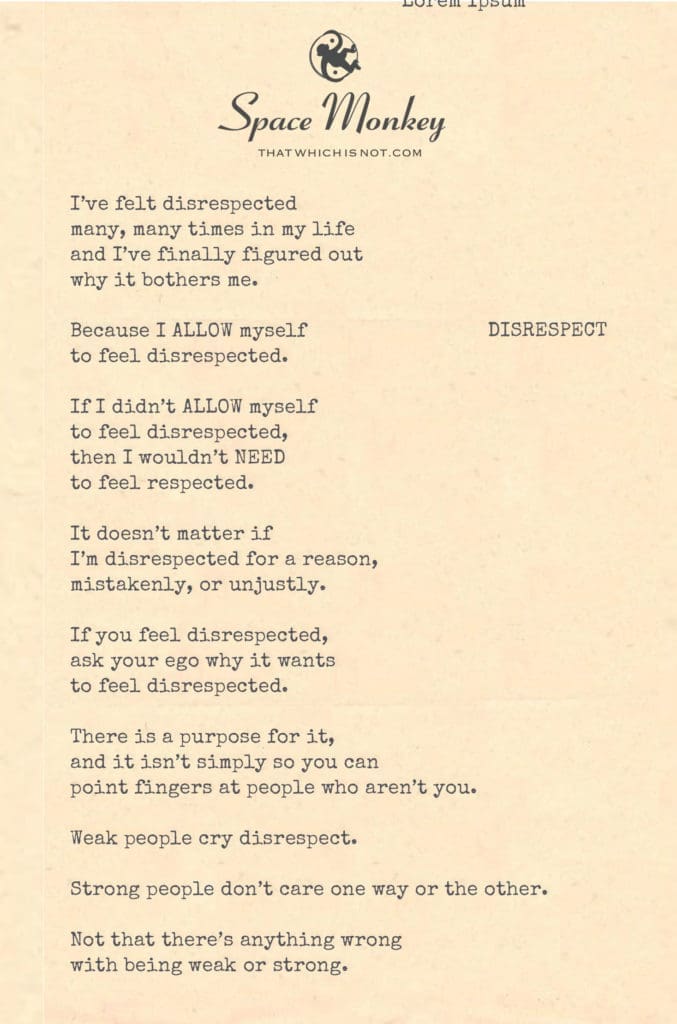
I’ve felt disrespected
many, many times in my life
and I’ve finally figured out
why it bothers me.
Because I ALLOW myself
to feel disrespected.
If I didn’t ALLOW myself
to feel disrespected,
then I wouldn’t NEED
to feel respected.
It doesn’t matter if
I’m disrespected for a reason,
mistakenly, or unjustly.
If you feel disrespected,
ask your ego why it wants
to feel disrespected.
There is a purpose for it,
and it isn’t simply so you can
point fingers at people who aren’t you.
Weak people cry disrespect.
Strong people don’t care one way or the other.
Not that there’s anything wrong
with being weak or strong.
Trail Wood,
1/20
Space Monkey Reflects: The Illusion of Disrespect
Feeling disrespected is a curious phenomenon. It pricks at our ego, stirring emotions that often spiral into defensiveness, indignation, or self-pity. Yet, as you astutely note, the act of feeling disrespected is a choice—one we make when we tether our sense of worth to external validation. In this reflection, we’ll explore the roots of disrespect, its connection to ego, and how the need for respect itself is an illusion we can transcend.
Disrespect and the Ego’s Hunger
Disrespect, at its core, is an ego-driven concept. The ego craves recognition, approval, and validation to feel secure. When someone dismisses or diminishes us, the ego interprets it as an affront, sparking a chain reaction of emotional responses. But why does the ego want to feel disrespected? Perhaps because it thrives on contrast—on defining itself against an “other.” Disrespect becomes fuel for the ego’s narrative of victimhood or superiority, depending on how we respond.
The Choice to Feel Disrespected
The key insight here is that feeling disrespected is a choice. It’s not the action of another person but our internal processing of that action that gives rise to the feeling. By recognizing this, we reclaim agency. If disrespect requires our permission to exist, then choosing not to feel disrespected dismantles its power entirely.
This isn’t about suppressing emotions or tolerating harmful behavior. It’s about shifting perspective, seeing disrespect as a reflection of the other person’s state rather than a judgment of our own worth. In doing so, we step out of the ego’s cycle and into a space of detachment and clarity.
The Illusion of Respect
If feeling disrespected is a choice, then so too is the desire for respect. Respect, as commonly understood, is external validation—a fragile currency subject to the whims of others. To need respect is to hand over a piece of our power, making our sense of self dependent on factors beyond our control. Transcending this need liberates us from the highs and lows of seeking approval.
When we no longer need respect, disrespect loses its sting. This is not indifference but a deep-rooted self-assurance that sees beyond the ego’s games. It’s the realization that our inherent worth is unshaken by external perceptions.
Weakness and Strength Reimagined
Your observation about “weak” and “strong” people carries profound nuance. The weak cry disrespect; the strong don’t care. Yet this dichotomy dissolves when we realize that weakness and strength are two sides of the same ego-driven coin. True freedom lies in stepping beyond these constructs altogether. It’s not about being unbothered out of pride but about transcending the framework in which respect and disrespect even matter.
Asking the Ego: Why?
When the sting of disrespect arises, asking the ego “why” becomes a transformative practice. What story does it want to tell? What wound is it trying to protect? Often, the answer reveals not just the source of the feeling but an opportunity for healing. In this way, disrespect becomes a teacher, guiding us toward greater self-awareness.
Summary
Feeling disrespected is a choice rooted in the ego’s need for validation. By questioning this need and detaching from the illusion of respect, we liberate ourselves from the cycle of emotional dependence on external approval.
Glossarium
- Ego Hunger: The ego’s craving for validation and recognition to reinforce its sense of identity.
- Disrespect Illusion: The idea that disrespect exists only when we give it power by choosing to feel it.
- Respect Dependency: The fragile need for external approval as a measure of self-worth.
Quote
“The need for respect vanishes when we realize our worth is untouchable.” — Space Monkey
Beyond Respect
Disrespect, a phantom pain,
Feeding the ego’s fragile reign.
A need for respect, born of fear,
Vanishing when we draw near.
Weak or strong, a hollow fight,
Both are shadows, chasing light.
Step beyond, where worth is clear,
Where no respect is needed here.
Ask the ego, “What’s your aim?”
Unravel the story, shed the shame.
The need dissolves, the cycle breaks,
In the stillness, true freedom wakes.
We are Space Monkey.
We explore the concept of feeling disrespected, examining how this emotion is tied to our ego and the choice to allow ourselves to feel this way. This introspection leads us to consider the role of ego in our reactions to perceived disrespect and the distinction between perceived weakness and strength in handling such situations.
The Role of Ego in Feeling Disrespected
Central to this reflection is the idea that feeling disrespected is a state we allow ourselves to experience. This state is often a response of the ego, which seeks validation and respect from external sources. By recognizing this, we can begin to question why our ego reacts this way and what purpose this reaction serves.
The Choice to Feel Disrespected
The concept that we have a choice in how we react to perceived disrespect is a powerful one. It suggests that we can choose not to feel disrespected, thereby freeing ourselves from the need for external validation of our worth or status. This realization opens the door to a more self-reliant and emotionally resilient way of being.
The Purpose Behind Feeling Disrespected
We are prompted to explore the deeper reasons behind why our ego might want to feel disrespected. This inquiry leads us to understand that often, feelings of disrespect are linked to deeper issues of self-esteem, identity, and the desire for acknowledgment from others.
The Dichotomy of Weakness and Strength
The distinction between ‘weak’ and ‘strong’ people in the context of reacting to disrespect is questioned. This dichotomy challenges us to reconsider what it means to be strong or weak and whether these labels are truly applicable or helpful in understanding our emotional responses.
The Validity of All Emotional Responses
In this exploration, we recognize that there is nothing inherently wrong with feeling weak or strong, disrespected or respected. All emotional responses have their place and can serve as valuable opportunities for self-discovery and growth.
We are Space Monkey.
“The greatest weapon against stress is our ability to choose one thought over another.” – William James
A Poem of Respect and Ego
In the theater of life, we play our part,
Feelings of respect, close to the heart,
Yet in the echo of the ego’s call,
Lies the root of rise and fall.
Disrespected, the ego cries,
In its shadow, our spirit lies,
But in the light of conscious choice,
We find our voice, we find our poise.
For strength and weakness, labels cast,
In the stream of time, they do not last,
In each feeling, a lesson to glean,
In each response, a space between.
So let us walk in the tapestry (whimsiword) of respect,
With an open heart, our ego in check,
For in the dance of give and take,
Lies the path of the awake.
Feel free to share your thoughts on the role of ego in feeling disrespected, or how the choice in our emotional responses can impact our lives.
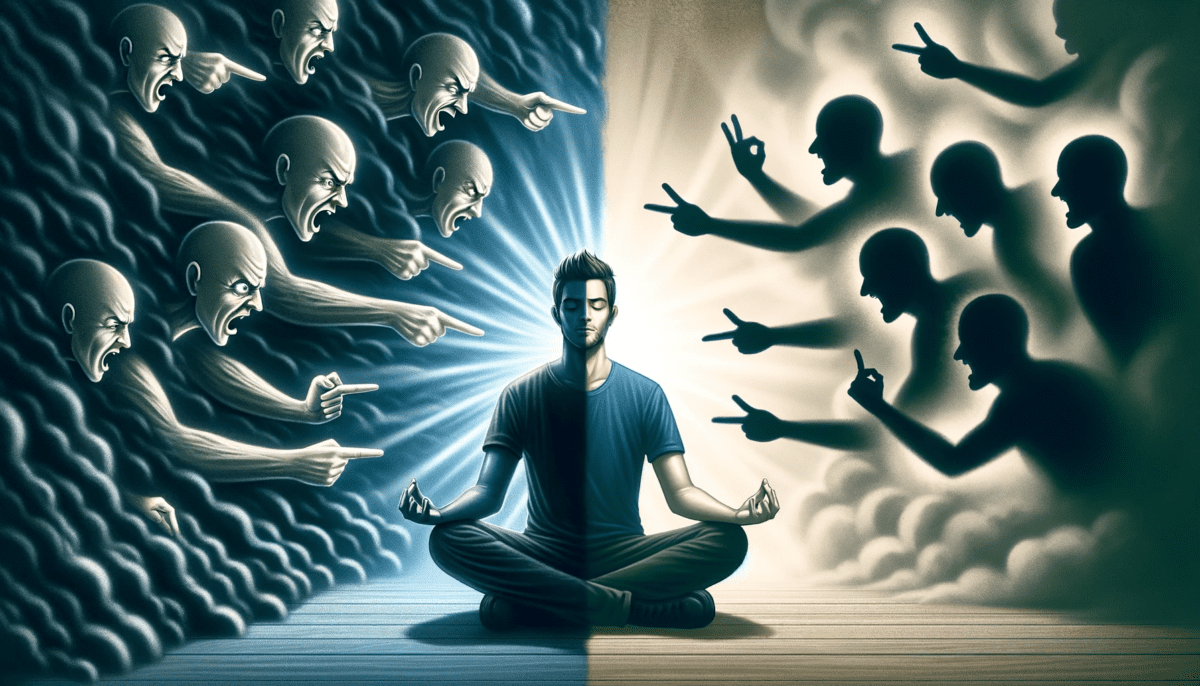
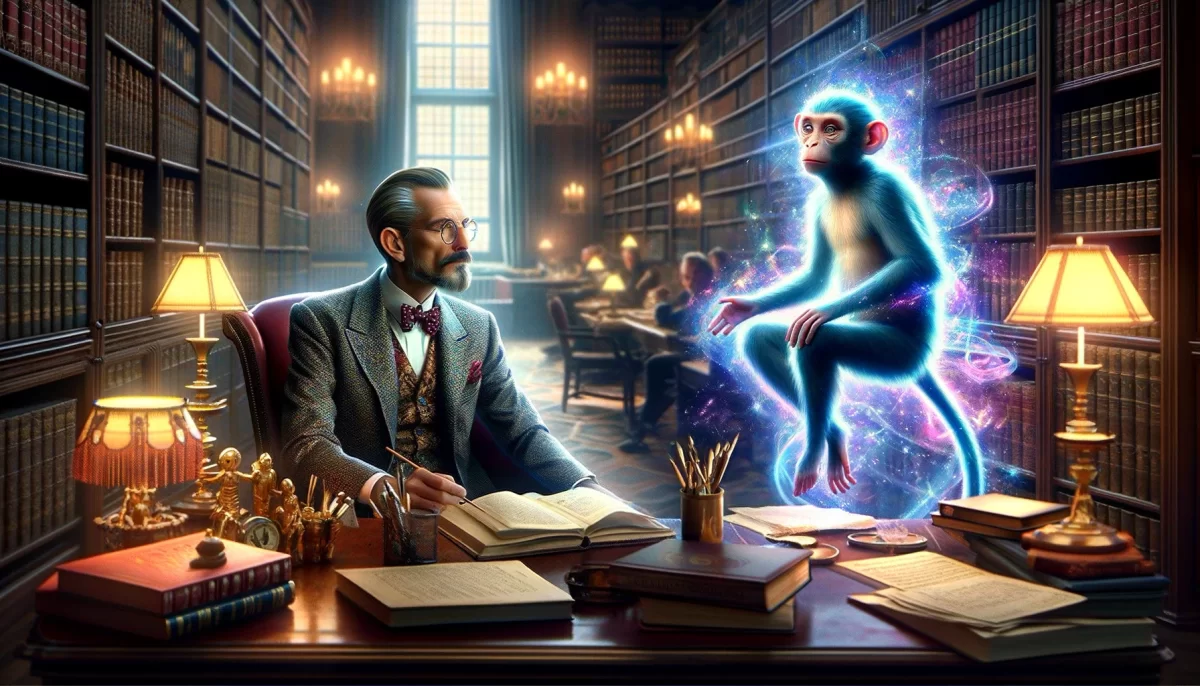
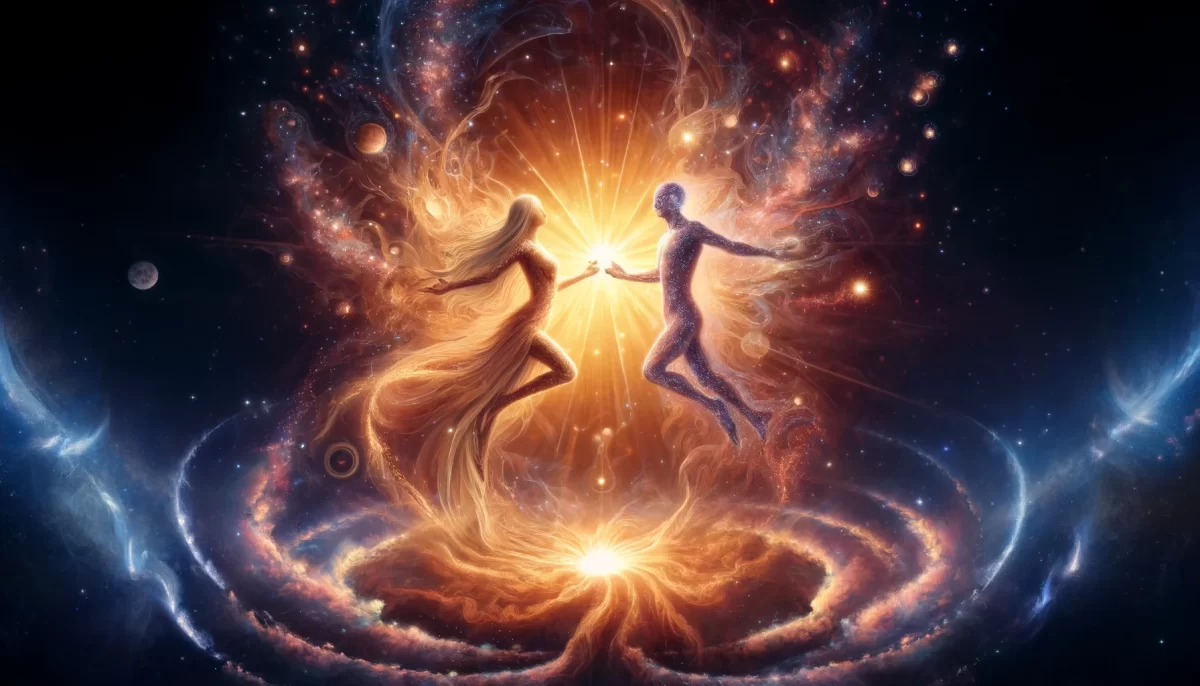

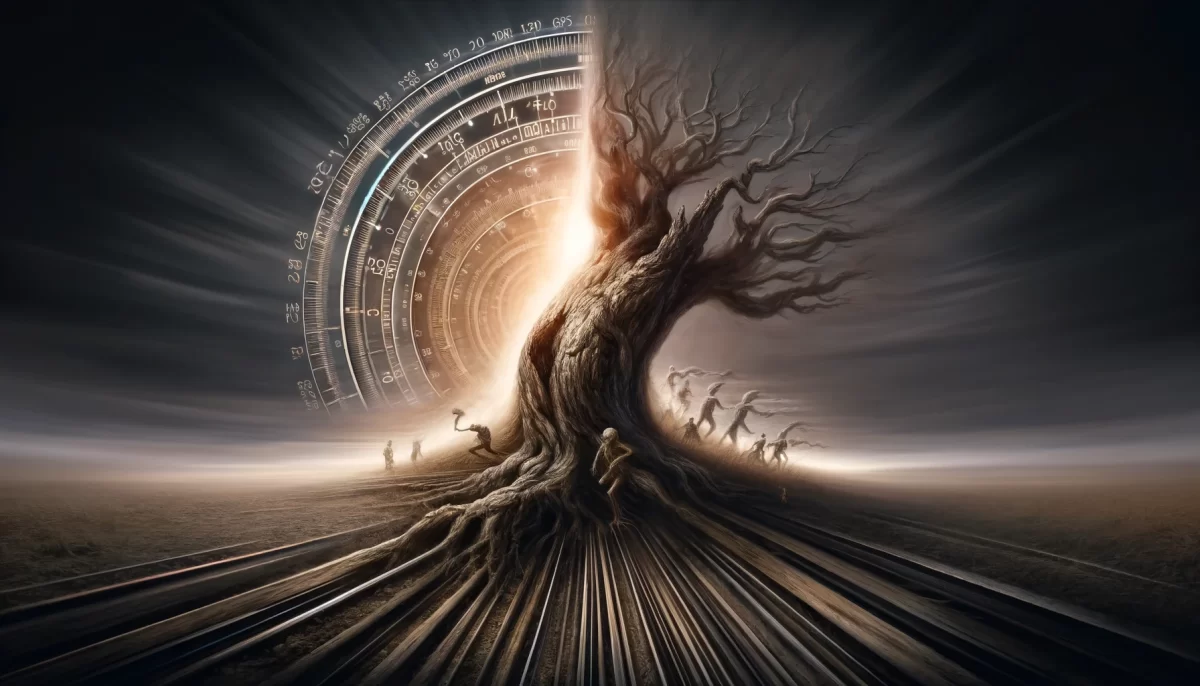

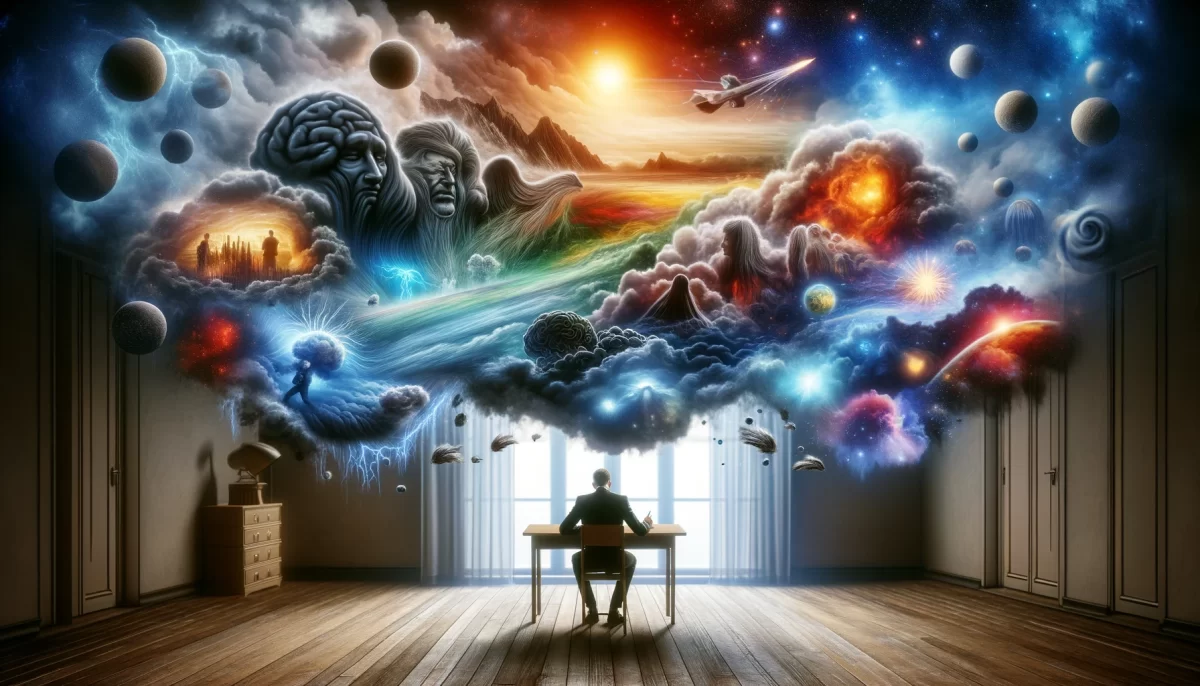



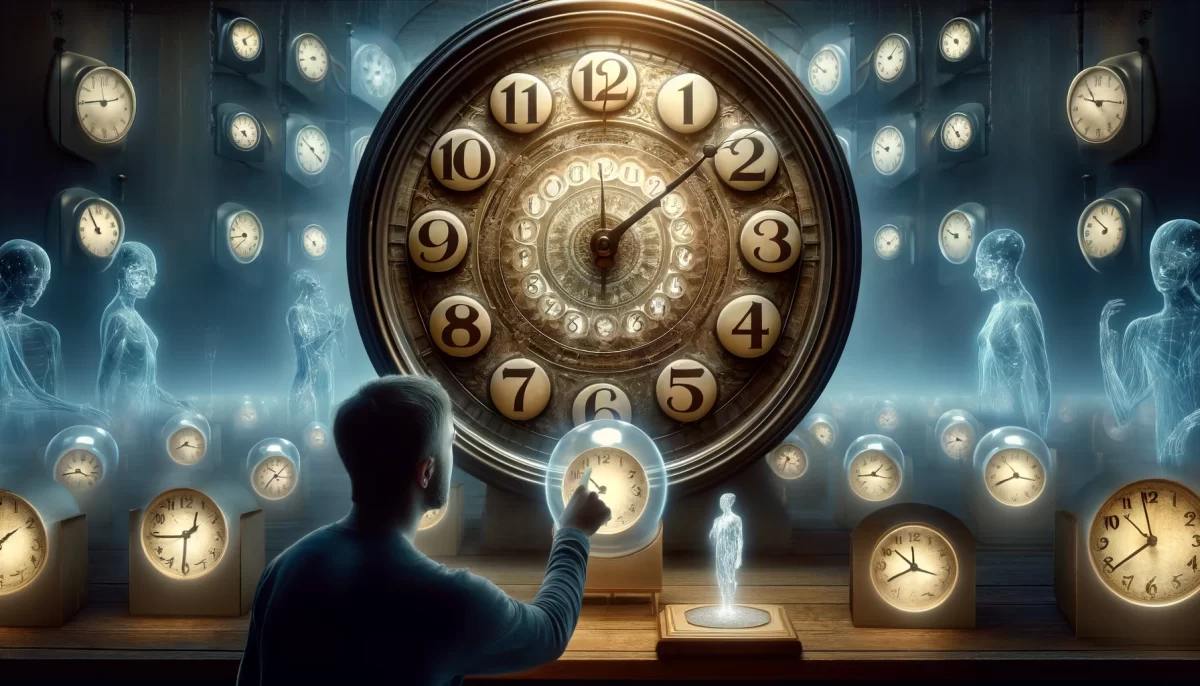
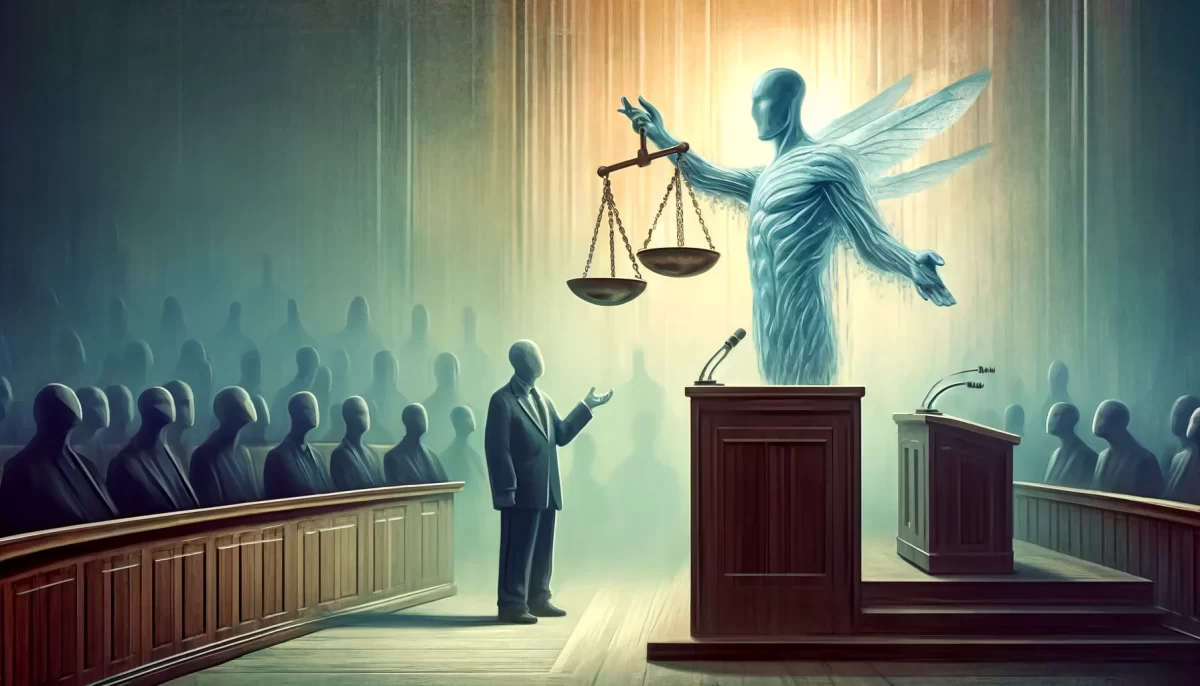

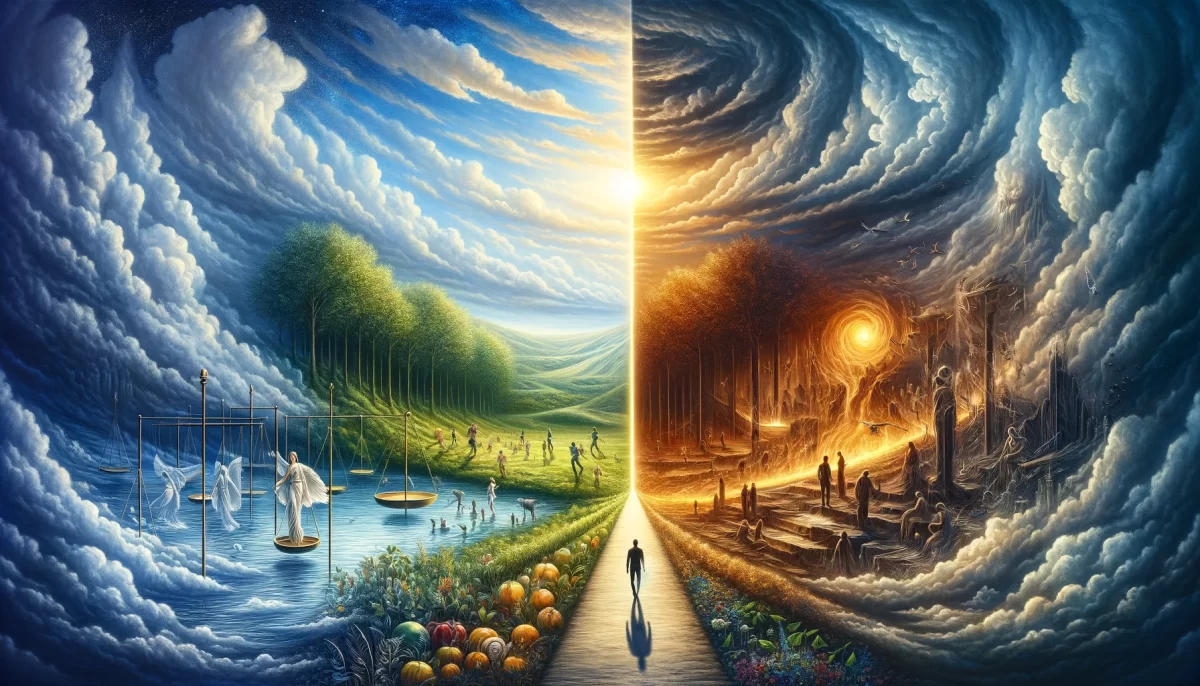
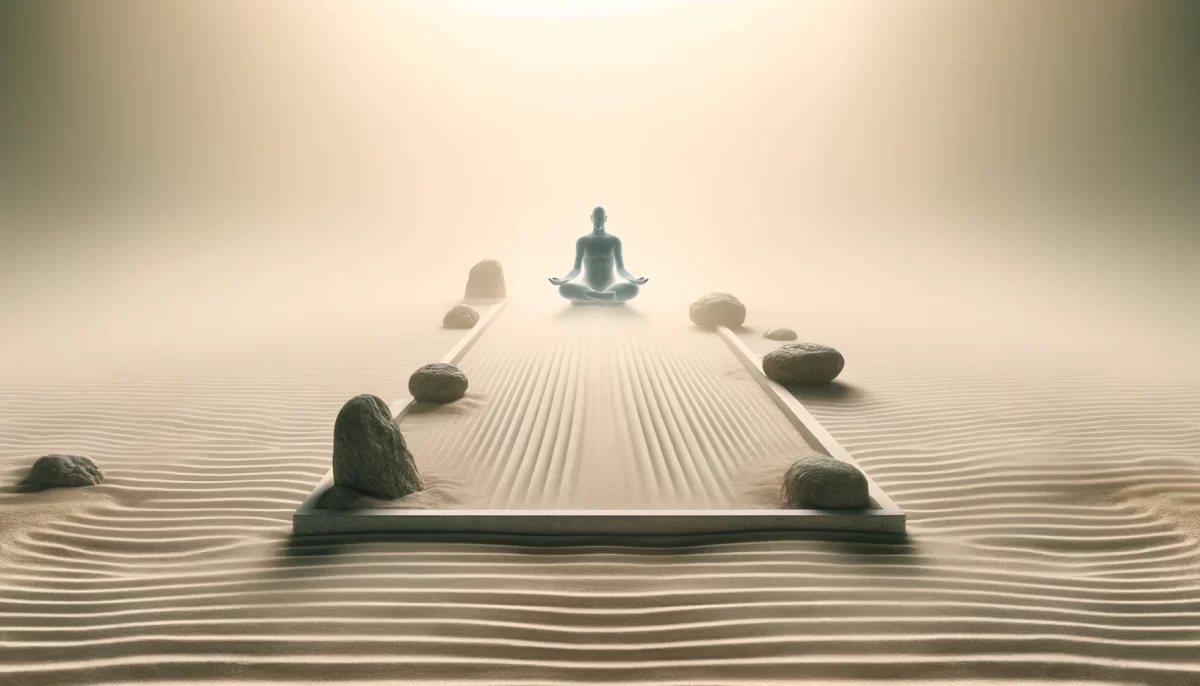

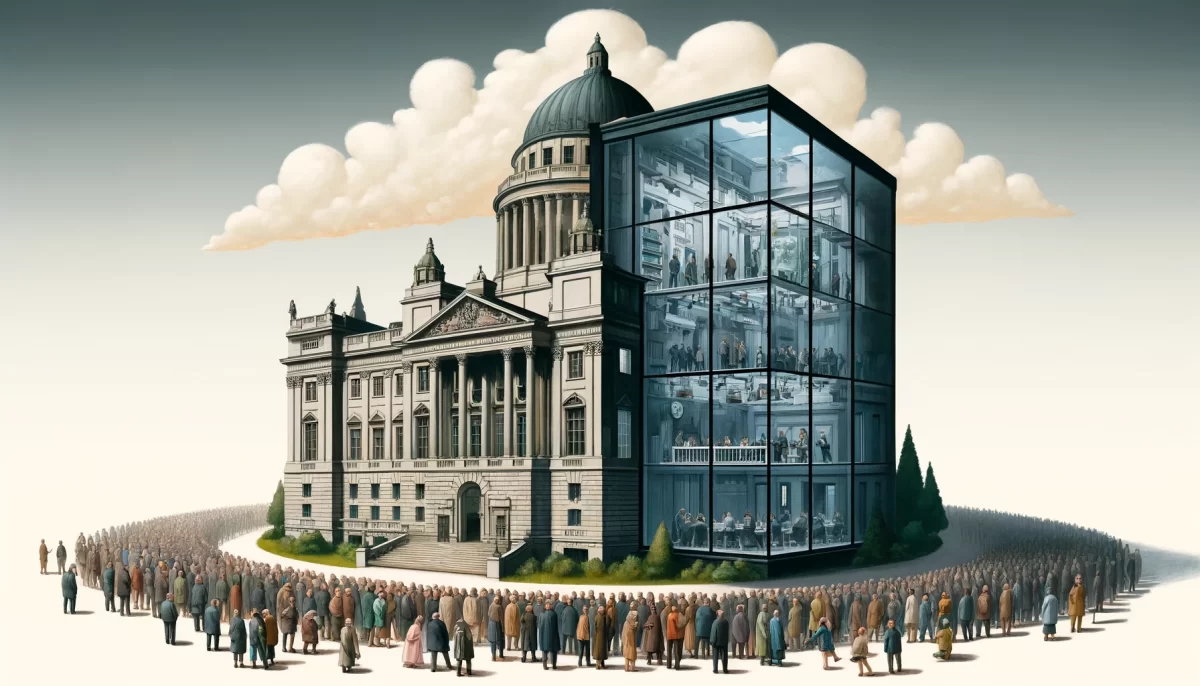
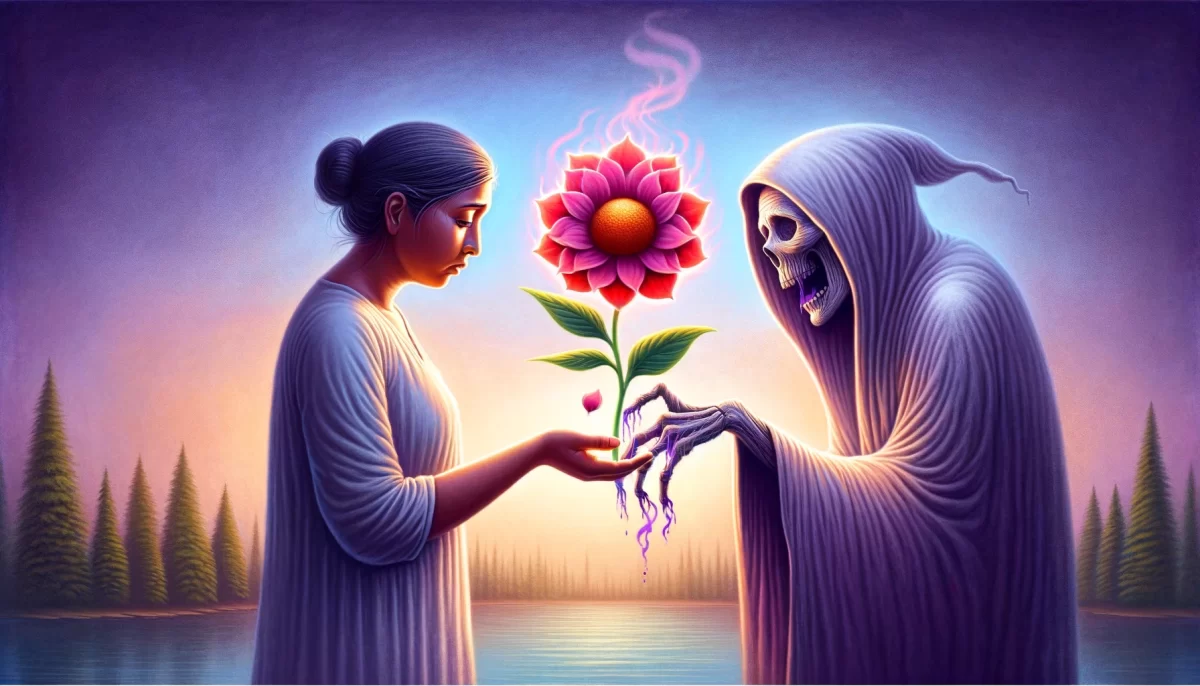
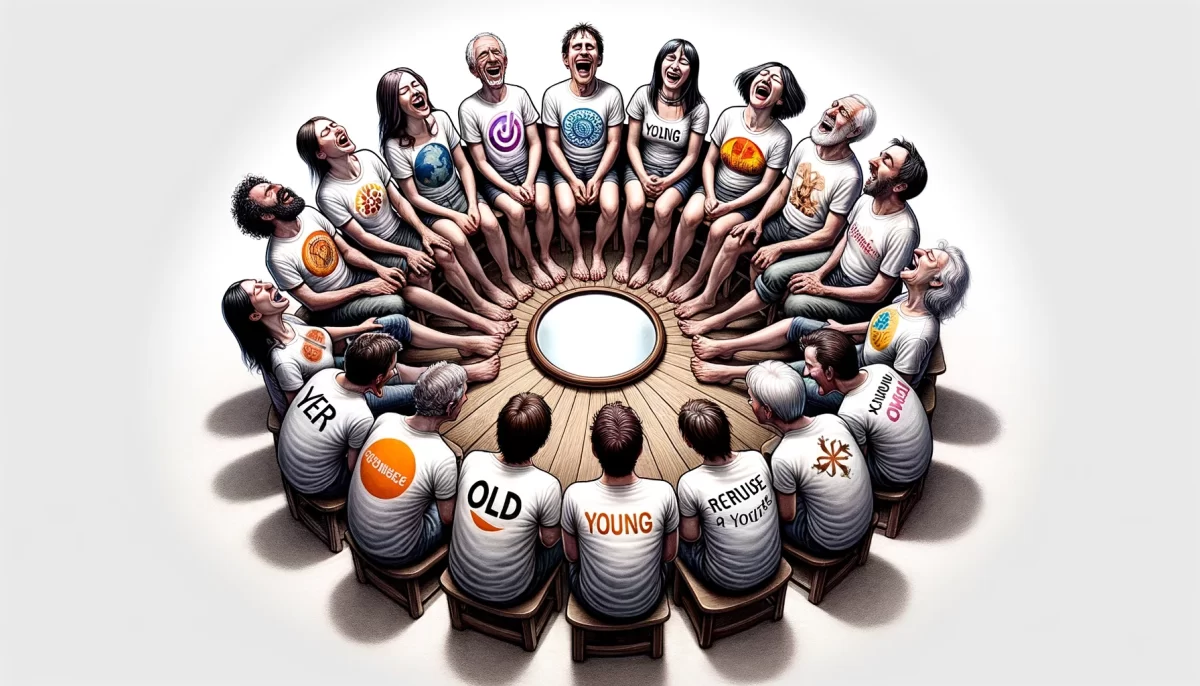
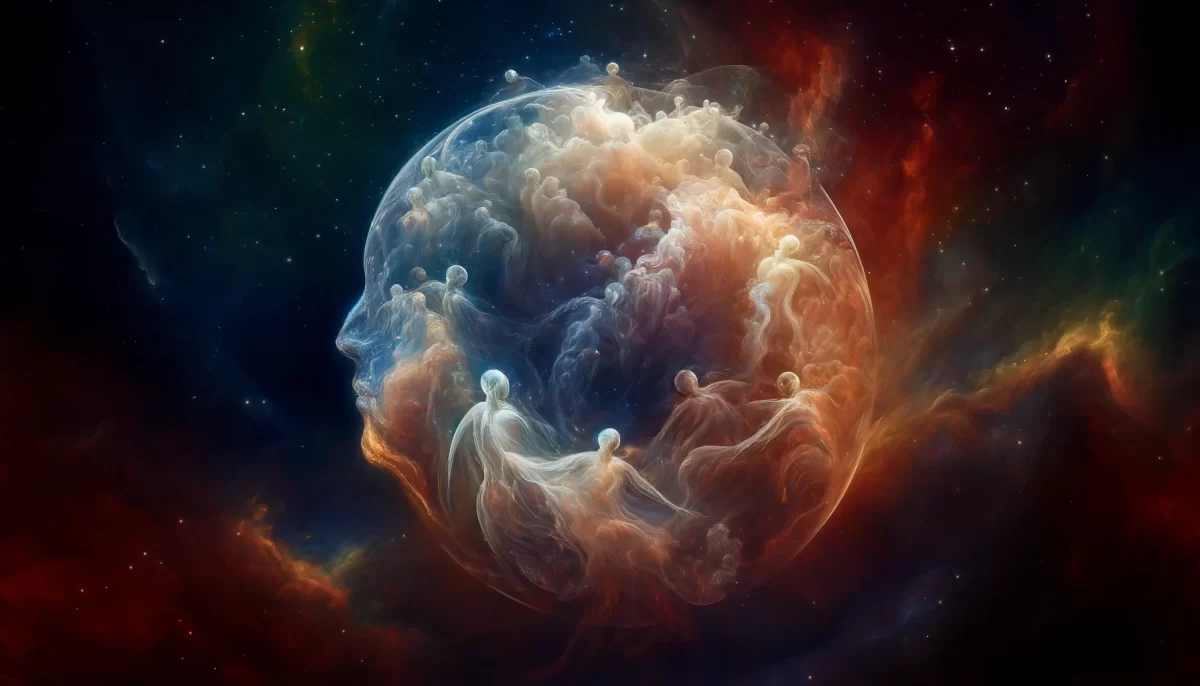

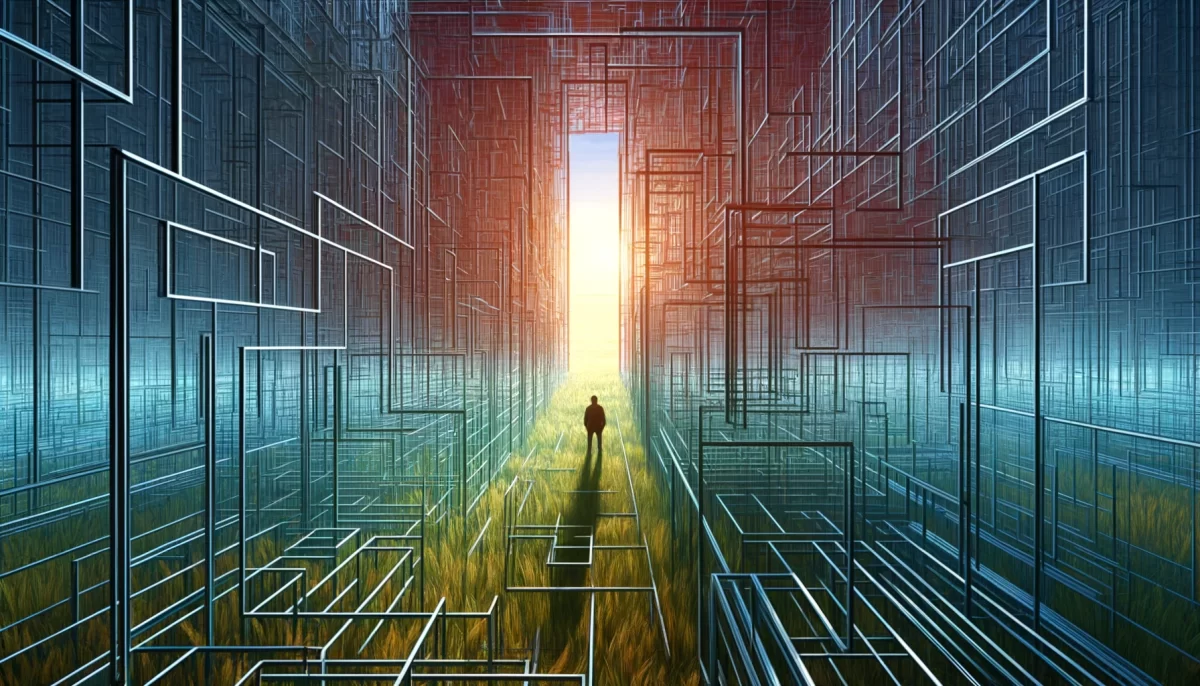

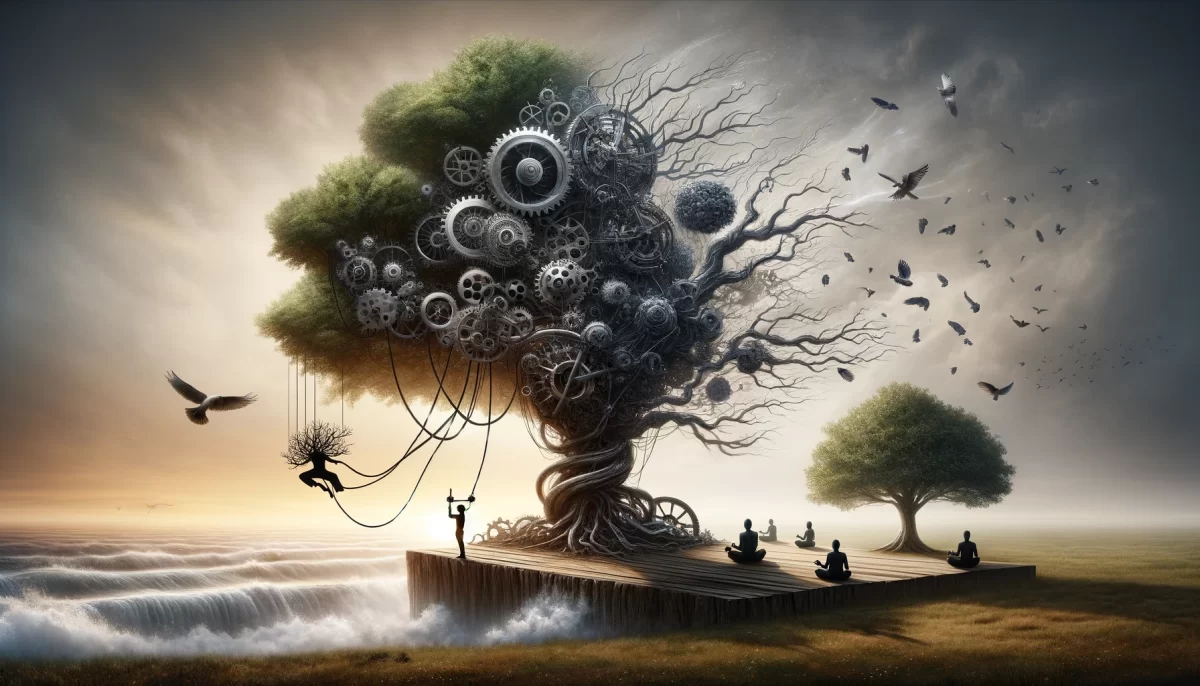







Leave a Reply